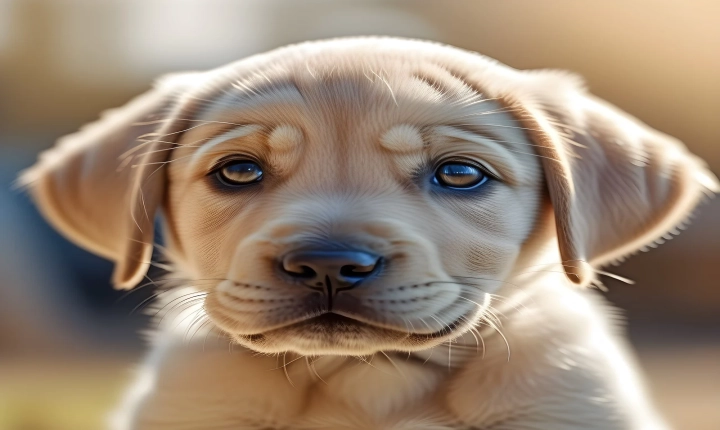Title: Can AI Create Nude Images? The Ethical and Legal Implications
Artificial Intelligence (AI) has made tremendous strides in recent years, leading to remarkable advancements in various fields. However, as AI technology becomes more sophisticated, it raises ethical concerns, particularly with regards to its potential to create nude images. The ability of AI to generate realistic and explicit imagery has sparked debates about the ethical and legal implications of such capabilities.
AI-generated nude images, also known as “deepfake” images, are created using algorithms and machine learning techniques to superimpose a person’s face onto a naked body, whether real or simulated. This has raised serious concerns about privacy, consent, and the potential for misuse.
One of the primary ethical concerns associated with AI-generated nude images is the violation of privacy and consent. These images can be created without the subject’s knowledge or consent, leading to the unauthorized distribution and circulation of explicit content. Such actions can have detrimental effects on individuals, causing emotional distress and damage to their reputation.
Moreover, the creation and dissemination of AI-generated nude images can perpetuate harmful behaviors such as revenge porn, cyberbullying, and harassment. The ease of creating fake nude images through AI technology facilitates the manipulation and exploitation of individuals, further exacerbating the risks associated with online harassment and abuse.
From a legal standpoint, the proliferation of AI-generated nude images has prompted discussions about the need for updated legislation to address the misuse of such technology. Many countries have laws that criminalize the distribution of non-consensual intimate imagery, commonly known as “revenge porn laws.” However, the emergence of deepfake technology presents new challenges in enforcing and prosecuting individuals who create and disseminate AI-generated nude images.
In response to these concerns, some jurisdictions have proposed or enacted legislation specifically aimed at regulating deepfake technology. For example, some laws introduce penalties for the creation and distribution of deepfake content, while others require platforms to remove such content promptly.
Furthermore, the ethical implications of AI-generated nude images extend beyond legal considerations. They raise questions about the responsible development and use of AI technology. As AI continues to advance, it is essential for developers, researchers, and policymakers to prioritize ethical guidelines and safeguards to mitigate the potential harms associated with deepfake imagery.
In light of the ethical and legal challenges posed by AI-generated nude images, there is a growing call for technological solutions and ethical frameworks to address these concerns. Some researchers are exploring the development of AI tools that can detect and counteract deepfake content, aiming to mitigate the impact of malicious use. Additionally, industry stakeholders and advocacy groups are advocating for greater education and awareness about the risks of AI-generated nude images and promoting digital literacy to help individuals identify and respond to deepfake content.
Overall, the proliferation of AI-generated nude images raises critical ethical and legal considerations. Addressing these concerns requires a multi-faceted approach, involving technological innovation, legal reforms, and ethical guidelines to protect individuals from the potential harms associated with deepfake imagery.
In conclusion, the ethical and legal implications of AI-generated nude images underscore the need for proactive measures to safeguard privacy, consent, and digital integrity in the age of advancing AI technology. By addressing these challenges, we can work towards a society that values the responsible use of AI and prioritizes the well-being and dignity of individuals in the digital landscape.
